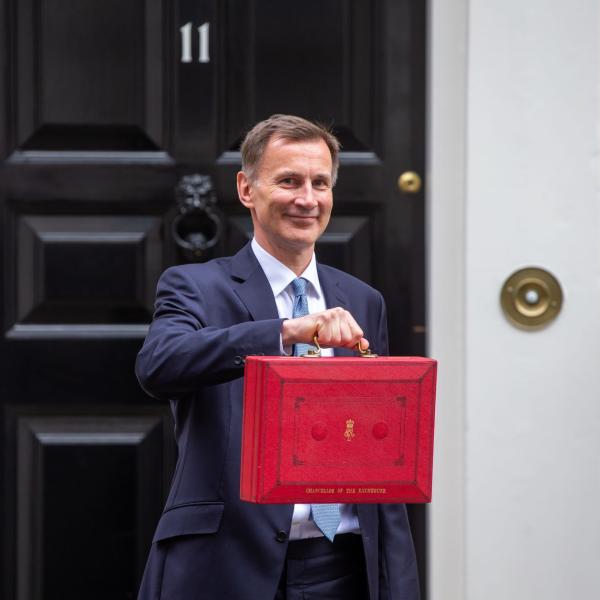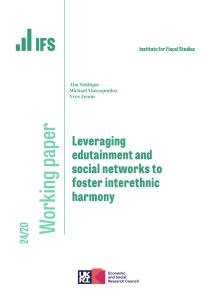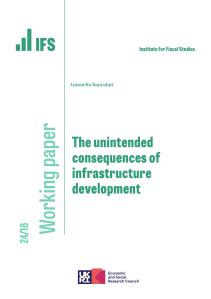In our laboratory experiment, subjects, in sequence, have to predict the value of a good. The second subject in the sequence makes his prediction twice: first (“first belief”), after he observes his predecessor’s prediction; second (“posterior belief”), after he observes his private signal. We find that the second subjects weigh their signal as a Bayesian agent would do when the signal confirms their first belief; they overweight the signal when it contradicts their first belief. This way of updating, incompatible with Bayesianism, can be explained by the Likelihood Ratio Test Updating (LRTU) model, a generalization of the Maximum Likelihood Updating rule. It is at odds with another family of updating, the Full Bayesian Updating. In another experiment, we directly test the LRTU model and find support for it.
Authors

Research Associate University College London and Brown University
Toru is a Research Associate of the IFS, a Professor of Economics at UCL and an Associate Professor in the Department of Economics at Brown University

Antonio Guarino

Roberta De Filippis

Philippe Jehiel
Working Paper details
- DOI
- 10.47004/wp.cem.2020.6020
- Publisher
- The IFS
Suggested citation
De Filippis, R et al. (2020). Non-Bayesian updating in a social learning experiment. London: The IFS. Available at: https://ifs.org.uk/publications/non-bayesian-updating-social-learning-experiment (accessed: 13 May 2024).
Related documents
More from IFS
Understand this issue

Where next for the state pension?
13 December 2023

Social mobility and wealth
12 December 2023

Autumn Statement 2023: IFS analysis
23 November 2023
Policy analysis

Recent trends in and the outlook for health-related benefits
19 April 2024

Progression of nurses within the NHS
12 April 2024

Regional variation in earnings and the retention of NHS staff in Agenda for Change bands 1 to 4
10 April 2024
Academic research

Forced displacement, mental health, and child development: Evidence from Rohingya refugees
10 May 2024

Leveraging edutainment and social networks to foster interethnic harmony
10 May 2024

The unintended consequences of infrastructure development
8 May 2024